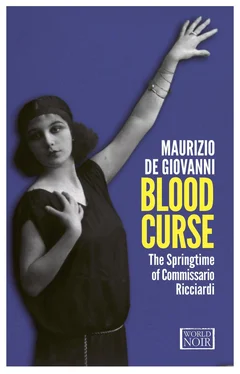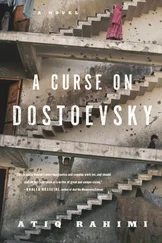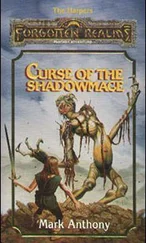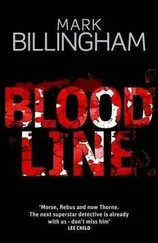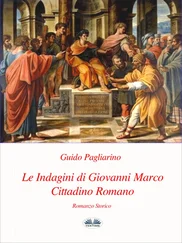And she studied her husband’s eyes carefully when he spoke to her about the woman who had decided to chew off her paw, snared in a trap, so that she could once again become mistress of her own and her son’s lives; because she had sensed the stirring of a deep old chord in him, a harmony that she believed she alone had ever heard. But he smiled at her and caressed her face. And he said to her: “Madonna, you’re so beautiful.”
She made the acquaintance of a cheerful, happy pizzaiolo ; she saw the blood gushing out of his chest, along with his love for his children and his pride, and she wept for him and those three little ones. She fought alongside his wife and mother to save his name, and she triumphed at their side.
She understood once again just what children are: sons who slash their mother’s faces, who kick their mothers to death, who wait for their mothers to die so they can marry; and mothers who lie, steal, and con for them. Mothers who give up love, life, beauty, and dreams.
Last of all, she observed the man who looks out the window, and who then has his window taken from him. She heard the story of that chink in his armor, of the discovery of the forlorn love afflicting the commissario, the man who had tracked down the criminal who had murdered her Luca. She remembered him, through the mists of grief, at her son’s funeral: his green, vitreous eyes, and in those eyes, the same suffering and grief as her own.
She decided that fate moves in mysterious ways, often bringing catastrophes with it, but that it can sometimes reserve happy surprises. And that sometimes, fate can use a helping hand.
She compressed her lips. And then she smiled at the love of her life, the father of her children, both living and dead.
In the darkness of her room, Enrica did her best to regain her peace of mind. She couldn’t seem to stop crying. Humiliated, offended, angry. These were new emotions to her, and having never experienced them before, she didn’t know how to fight them. She hated herself wholeheartedly.
Her family didn’t even try to chip away at her loneliness. The girl’s wall of reserve was a barrier no one dared to knock down.
She was terrified of the kitchen window, but it was terrible being away from it: she missed those green eyes in the darkness more and more with each passing day.
She heard someone knock softly on her door. She replied by saying that she wasn’t hungry.
But her mother’s voice persisted:
“There’s someone at the door. They insist on talking with you. They say it’s important.”
She went to the door. There stood an attractive woman she didn’t know: blonde, sky-blue eyes. A black shawl, but underneath it, a nice flower-print dress. The woman smiled at her and looked at her eyes, puffy from crying. She said: “Signorina, buona sera. My name is Lucia Maione.”
Commissario Luigi Alfredo Ricciardi had eaten practically nothing. He hadn’t even responded to the worried questions of his Tata Rosa. Crushed by a sense of sadness, he had listened to the music that came over the airwaves from faraway auditoriums; but tonight there were no dancing couples, and the music was playing for no one.
It was late, but he lacked the courage to withdraw into his dark cell, where he’d be more alone than he had ever been before.
He took off his clothes and dressed for bed. Every gesture mechanical. He could have been a hundred years old, or never even have been born.
He couldn’t keep himself from looking before he turned out the lamp. And his heart leapt up, overflowing with love.
In the window across the street, a young woman, her eyes wet with tears and an embroidery frame in her hand, was looking back at him.
High above, perched on the roof, springtime twirled and laughed.
